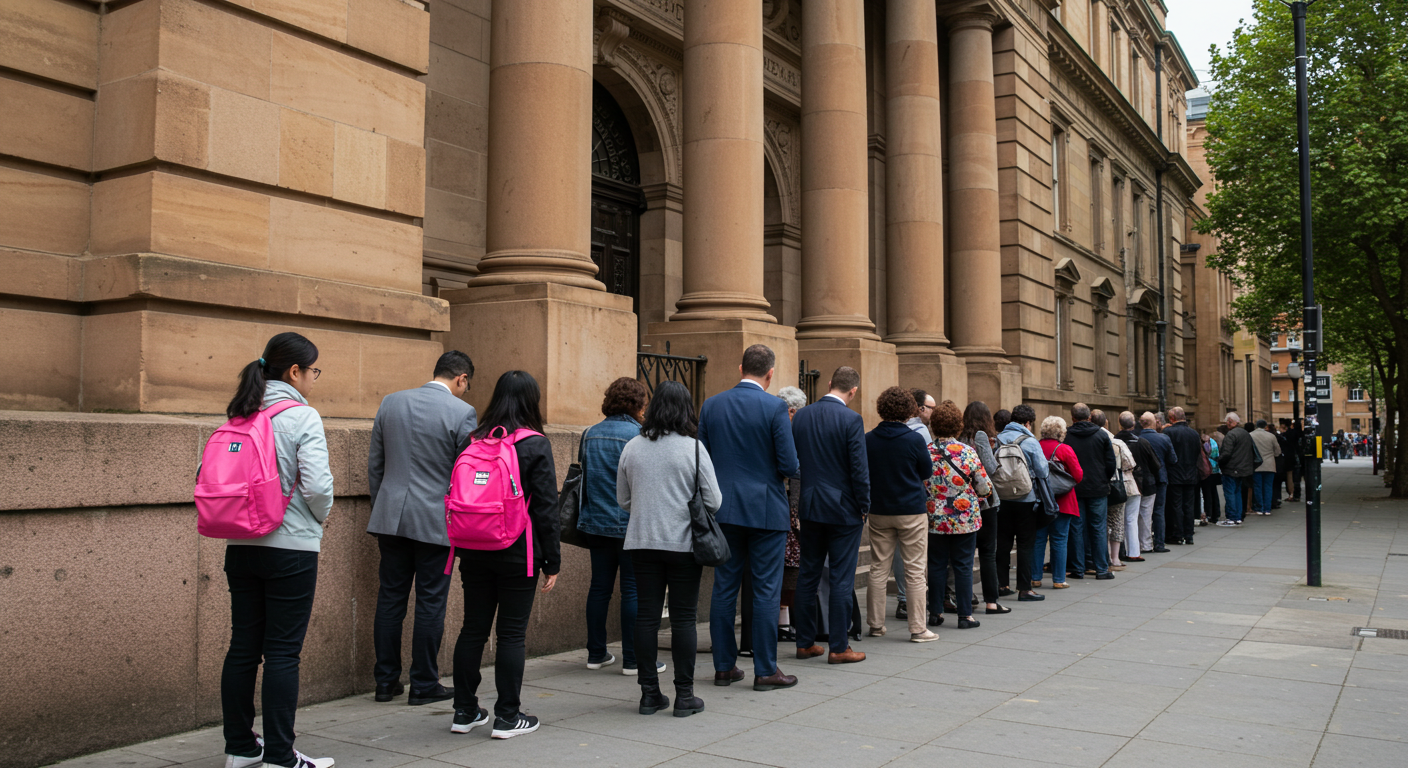The Supreme Court Changes the Doctrine on the Deadline for Filing a Claim for Judicial Error
Supreme Court Ruling 894/2025 establishes that the month of August is not excluded from the calculation of the time limit for filing claims in the event of a judicial error.
In its recent Ruling 894/2025, of July 1, the Contentious-Administrative Division of the Supreme Court introduced a substantive doctrinal change regarding the time limit for filing a claim for a declaration of judicial error pursuant to Article 293.1.a) of the Organic Law of the Judiciary (LOPJ).
Until now, we have had court rulings that allowed the exclusion of the month of August from the three-month period for filing this type of claim, following by analogy the provisions of Article 128.2 of the Law on Contentious-Administrative Jurisdiction. For example, the Supreme Court ruling of October 31, 2013 (appeal 51/2012) held that August should be considered a non-working month for the purposes of filing a claim for judicial error, as it was also a non-working month for calculating the period for filing an administrative appeal.
However, the Supreme Court corrected this criterion by establishing the nuance that the three-month period for filing a claim for judicial error provided for in Article 293.1 of the LOPJ is substantive, not procedural, and therefore should be governed by Article 5.2 of the Civil Code.
Practical consequences
This doctrine implies that, to file a claim for recognition of a judicial error, the three-month period runs uninterruptedly. Consequently, the dies a quem must be computed accordingly from date to date, without deducting non-working days or the month of August. This can lead to the claim being inadmissible due to untimeliness if this interpretation is not taken into account.
In the specific case decided by the Court, the plaintiff filed the claim on November 7, 2024, more than three months after notification of the order resolving the annulment motion (July 5, 2024). Although they argued that the period should be suspended in August, the Supreme Court rejects this argument, expressly stating that:
"The month of August cannot be deducted from the calculation of the period for exercising the claim for judicial error."
Inactivity during the month of August is therefore reserved for judicial inactivity (Article 183 of the LOPJ), but not for the calculation of substantive limitation periods.
Importance of the criterion
This ruling marks a turning point in the matter and requires extreme precision in the calculation of time limits when seeking to resort to this exceptional remedy. Furthermore, it confirms the rigid and non-extendable nature of the period, as this is a limitation action, not an ordinary procedural appeal.

